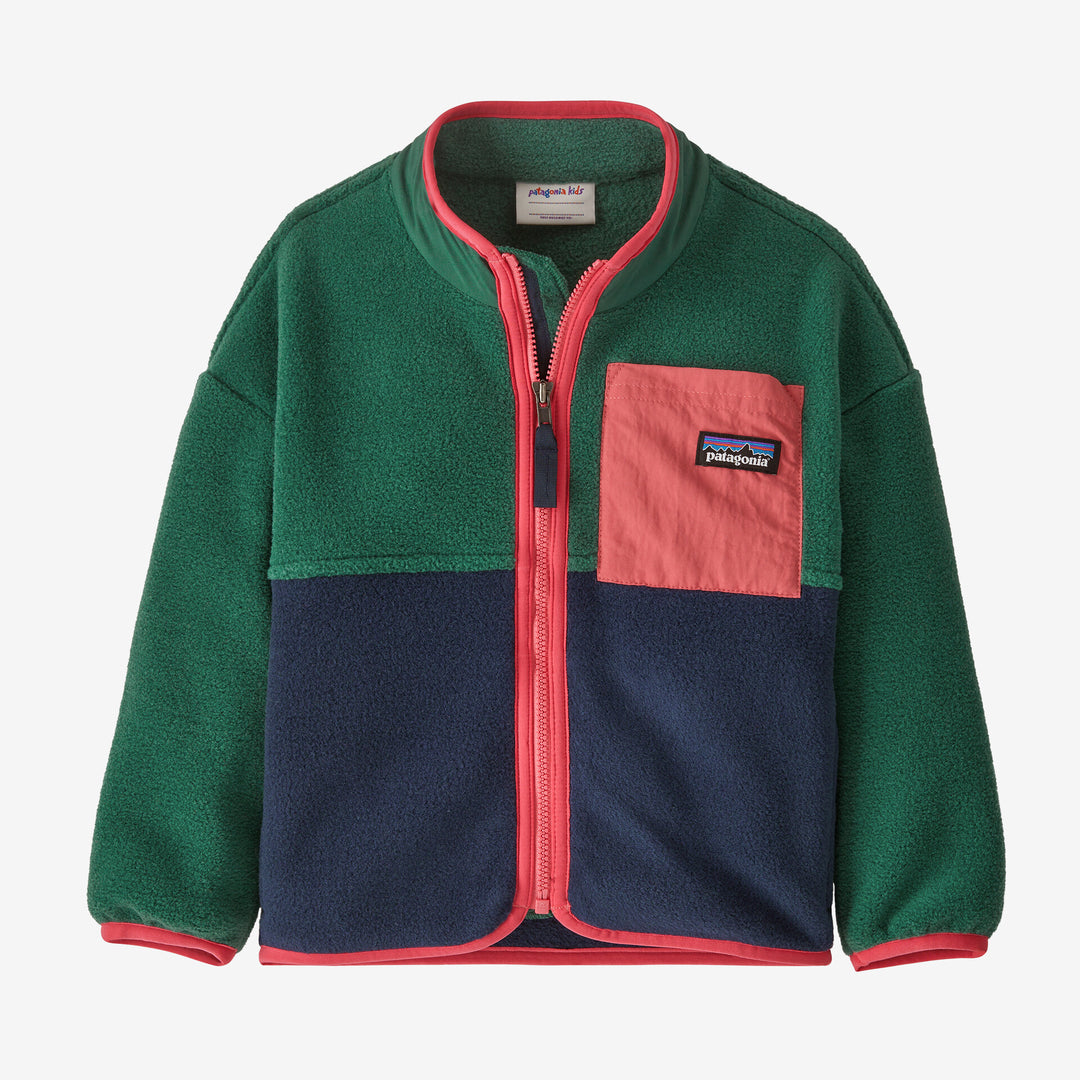The ReSpiin storage baskets and bowls are made from jute or seagrass or a mix of both.
Jute plants are easy to grow, have a high yield per acre and, unlike cotton, have little need for pesticides and fertilisers. Jute grows during the rainy season in Bangladesh which is from June to October. The plants are ready to harvest in four to six months, after the flowers are shed.
The fibres lie beneath the bark around the woody core. To extract the fibre, the jute bundles are submersed in water and left for a few days until the fibres come loose and are ready for stripping from the stalk, then washed and dried. This is what our baskets are made from. The remaining jute stalks can be used in a similar way to wood pulp, or work well as a renewable source of cooking fuel.
Jute plants help to clean the air. During growth they take in three times more CO2 than the average tree, converting this CO2 into oxygen. Jute plants also enrich the soil. As these plants grow fast, they are often used in crop rotation. The leaves and roots left after harvest enrich the soil with micronutrients, maintaining soil fertility. Jute is 100% biodegradable.
Seagrass is a renewable, sustainable and biodegradable material. Seagrasses grow very quickly in shallow saltwater along coastlines and rivers. Once mature the grasses are cut by hand and dried in the sun, then hand twisted and woven. The dried seagrass is durable and moisture-resistant. It has natural colour variations which makes every basket unique.
Our supplier in Bangladesh is committed to providing regular employment in a working environment that is safe and hygienic. They pay a living wage to all employees. They have developed an innovative way of producing jute rope and stylish jute baskets which means that can produce a much higher return from the jute than when it is sold for basic jute sacks.
Our baskets and bowls use natural jute, natural seagrass and also coloured jute. This coloured jute is 100% Azo free.
Wipe clean. Not suitable for use in very damp environments.
0 products




